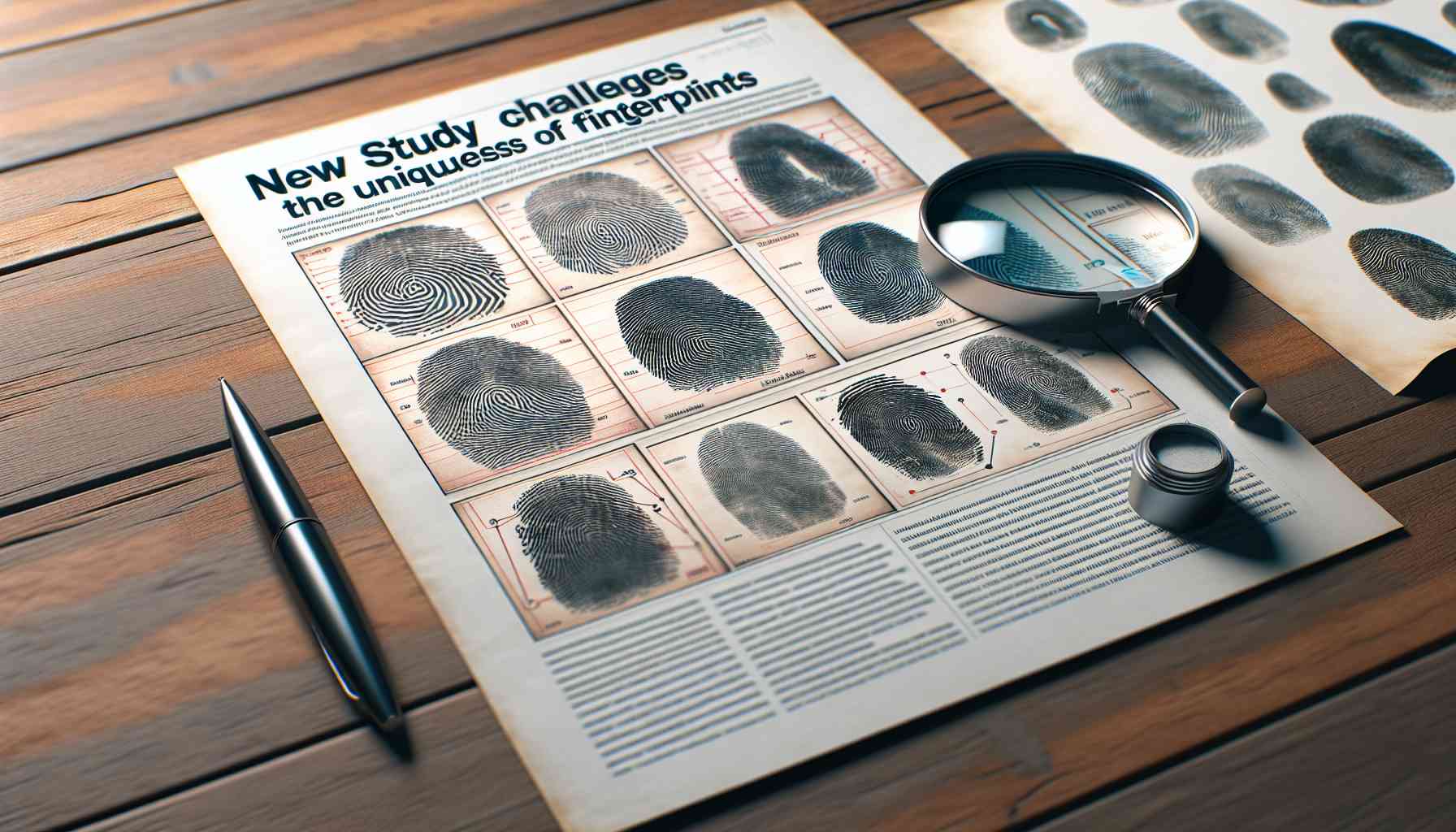A groundbreaking study published in the journal Science Advances has raised questions about the long-held belief that fingerprints are unique to each individual. Using an artificial intelligence (AI) model typically used for facial recognition, researchers from Columbia University discovered that fingerprints may not be as distinctive as previously thought.
The AI model was trained on a database of 60,000 fingerprints and was able to identify whether prints from different types of fingers belonged to the same person with an accuracy rate ranging from 75 to 90 percent. The researchers found that the AI focused on the angles and curvatures of the swirls at the center of fingerprints, rather than traditional markers used in forensic science for decades.
Lead author Gabe Guo explained that while traditional features of fingerprints known as “minutiae” are useful for matching fingerprints, they are not reliable for finding correlations among fingerprints from the same person. By looking beyond minutiae and analyzing the unique patterns at the center, the AI could potentially link fingerprints from different types found at different crime scenes to a single individual.
The implications of this research are significant. Not only could it help law enforcement catch more criminals, but it could also prevent innocent people from unnecessary investigations. Guo believes that this breakthrough is a win for society as a whole.
However, some forensic scientists have voiced skepticism regarding the study’s findings. Professor Simon Cole from the University of California argues that while the research is interesting, it does not disprove the current forensic techniques or the understanding that no two fingerprints are exactly alike.
Despite the controversy, Guo remains confident in the “incontrovertible” nature of their findings. He believes that AI will continue to revolutionize various fields of analysis and uncover hidden insights that have been right in front of us all along.
As technology continues to advance, it is clear that our understanding of fingerprints and forensic science will require further exploration and refinement. The uniqueness of fingerprints, once considered a cornerstone of forensic investigations, may now be open to reevaluation thanks to this groundbreaking study.
The source of the article is from the blog elektrischnederland.nl

